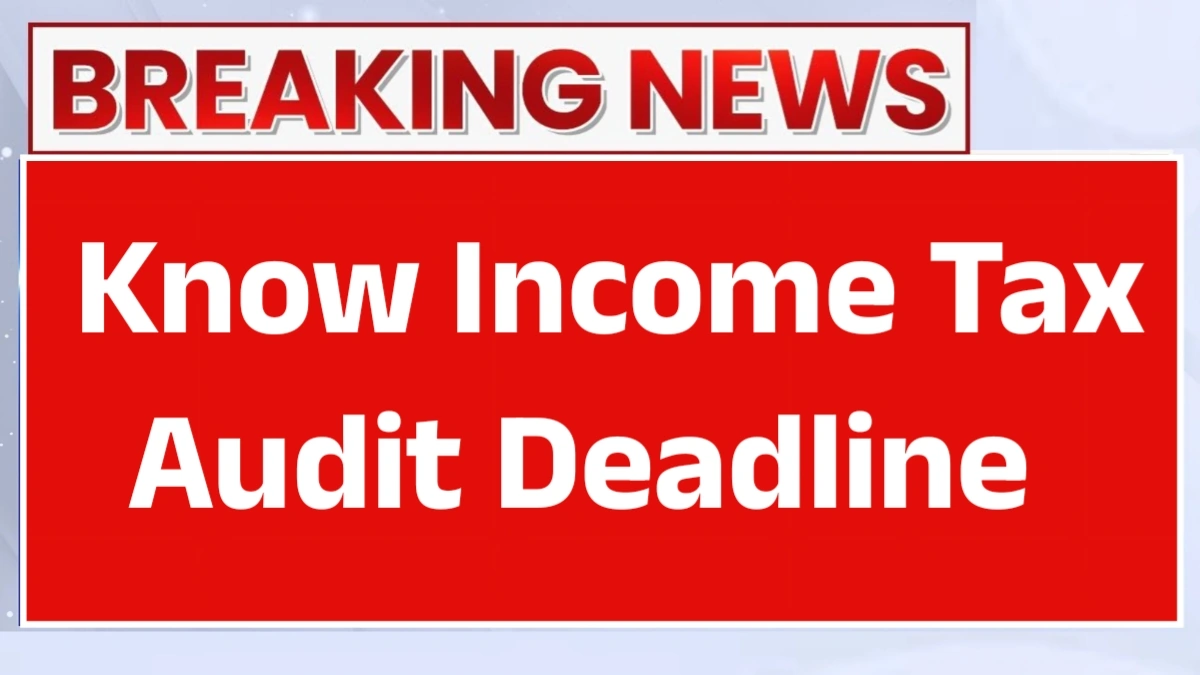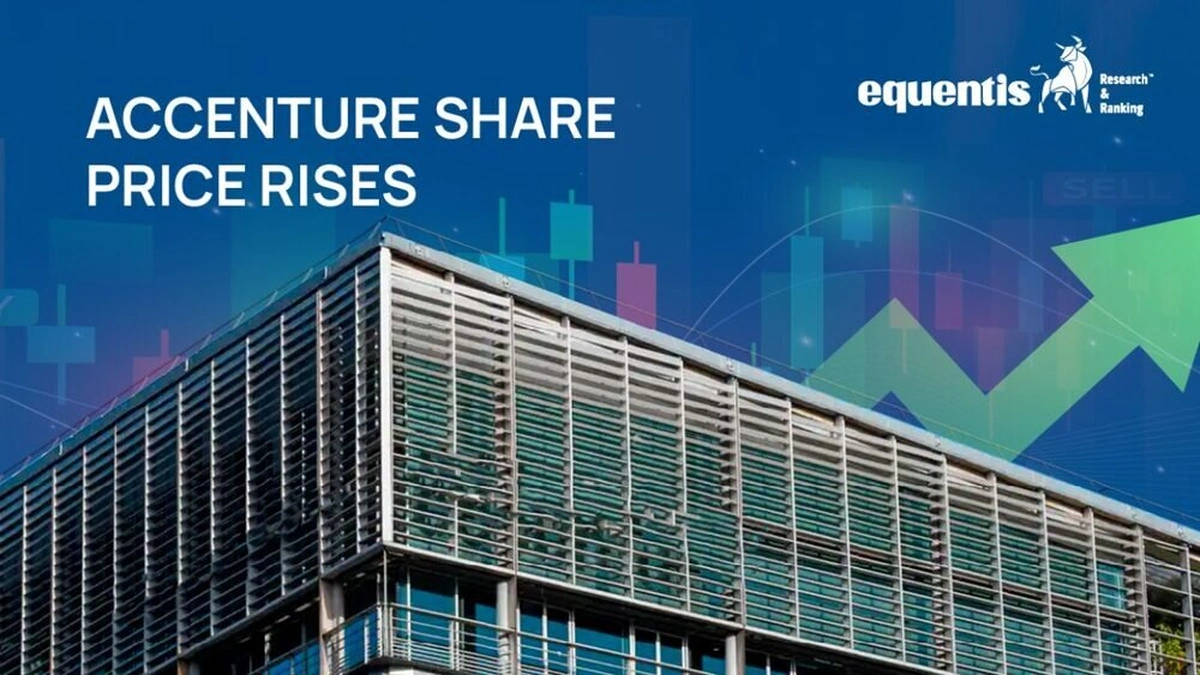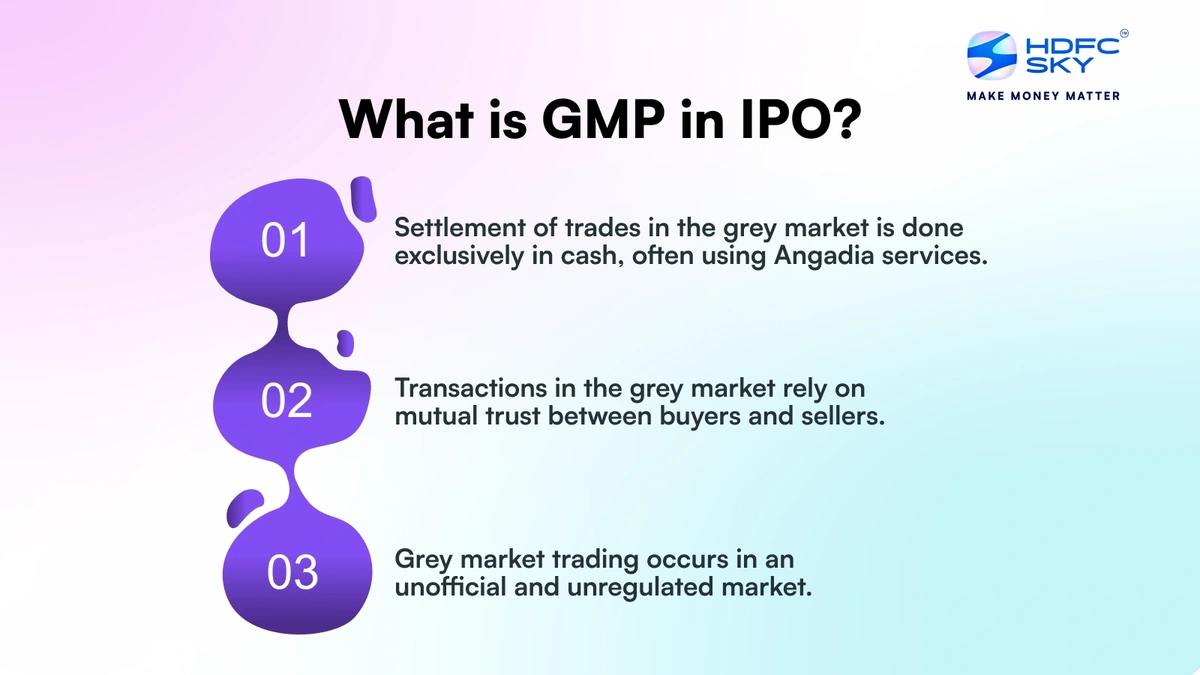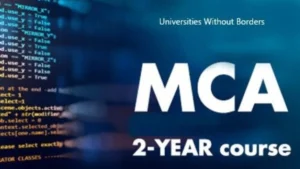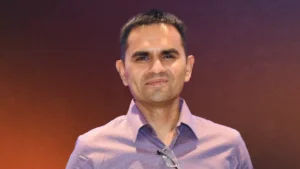The 2025 Income Tax Shake-up | It’s Not Just About Your Salary Slip. Here’s the Real Story.
Let’s grab a virtual coffee and talk about something that gives most of India a low-grade headache from January to July: income tax. Specifically, the whispers and rumors swirling around the income tax bill 2025 changes . Every year, it’s the same circus. News channels shout, experts debate, and we all frantically Google, “Will my taxes go down?”
But here’s the thing. This year feels different. With a full-fledged Union Budget coming up in July, the chatter isn’t just about tweaking a few numbers. It’s about the bigger picture. It’s about the why behind the potential changes.
As an analyst who’s spent years decoding government policies, I’ve learned one crucial thing: the Union Budget is less about accounting and more about signaling. It’s the government laying its cards on the table, telling us its priorities for the next five years. So, instead of just listing rumored changes, let’s dissect them. Let’s understand the hidden narrative, the economic strategy, and what it truly means for your bank account, your investments, and your financial future.
This isn’t just news; it’s a strategic analysis. Let’s get into it.
The Big Question | Why Is a Tax Overhaul Even on the Table?

First off, why the fuss now? A new government term has just begun, and this is their first major budget. Think of it as setting the tone for their entire tenure. But there’s more to it than just political signaling. There are some serious economic gears turning in the background.
The primary driver is a concept economists love to talk about: boosting aggregate demand. In simple English? Getting people to spend more money. When you have more disposable income (because you paid slightly less tax), you’re more likely to buy that new phone, take that vacation, or upgrade your car. This spending fuels businesses, which in turn creates jobs. It’s a cycle. The government is betting that a little tax relief for the middle class the engine of our economy could be the perfect catalyst for growth.
What fascinates me is the balancing act. On one hand, the government needs to collect taxes to fund everything from highways to healthcare. On the other, they need to leave enough money in our pockets to keep the economy humming. The income tax bill 2025 changes will be a masterclass in this very tightrope walk. They need to simplify the tax code while also ensuring their revenues don’t take a massive hit.
Decoding the Signals | What Changes Could We Realistically See?

Okay, let’s move from the ‘why’ to the ‘what’. Based on economic indicators and off-the-record briefings that float around Delhi’s policy circles, here are the most plausible areas for a shake-up.
1. A New Look for Tax Slabs: This is the headline-grabber every single year. The most persistent rumor is a potential increase in the basic exemption limit under the New Tax Regime. Currently, income up to ₹3 lakh is exempt. The buzz suggests this could be raised to ₹5 lakh. Why? It’s a clean, simple way to provide direct relief to low and middle-income taxpayers. It’s easy to communicate and has an immediate psychological impact. A few thousand rupees saved per year might not seem revolutionary, but for millions of families, it’s a meaningful buffer.
2. The Curious Case of Section 80C: Ah, Section 80C. The great Indian obsession. For years, the ₹1.5 lakh limit has felt stale, like a relic from a different economic era. There’s a constant demand to raise it to ₹2.5 lakh or even ₹3 lakh. But let’s be honest, the government has been pushing us away from the Old Regime and its web of deductions. So, will they increase the section 80C limit increase ?
Here’s my take: a direct increase is unlikely. Instead, we might see a more targeted approach. Perhaps a separate deduction for a specific type of investment, like a housing loan principal or a particular pension scheme. This allows the government to incentivize specific behaviors without making the Old Regime more attractive overall. It’s a clever, surgical move.
3. Streamlining Capital Gains: This is for the investors. India’s capital gains tax India structure is… let’s call it ‘complex’. You have different rates and holding periods for equity, debt, and property. It’s a nightmare to navigate. There’s a strong argument being made to standardize this perhaps a uniform holding period to qualify for long-term gains across different assets. The goal? To make India a more attractive and less complicated place for both domestic and foreign investors. A simpler tax code signals stability and predictability, which markets love. For more details on investment instruments, you can read this useful NSDL GMP IPO Guide .
The New vs. Old Regime Tug-of-War | Is a Clear Winner Emerging?

This is the real strategic battleground. When the New Tax Regime was introduced, the uptake was lukewarm. People were attached to their deductions HRA, LTA, 80C, and the whole gang. So, the government made the New Regime more attractive in the last budget, making it the default option.
Let’s be clear: the government wants you to move to the New Tax Regime. Why? Because it’s clean. It eliminates tonnes of paperwork, reduces litigation, and makes tax collection more efficient. For them, it’s a dream of administrative simplicity.
Any income tax slab changes in 2025 will likely be designed to sweeten the deal for the New Regime even further. The message will be subtle but firm: “We’ve made the simple path more rewarding. It’s time to let go of the old complexities.” If you’re still on the Old Regime, this budget will be a crucial moment to re-evaluate. The gap in benefits between the two is likely to widen, forcing a decision. You might also want to check your investment status using guides like how to check NSDL allotment status .
Beyond the Salaried Class | What About Freelancers & Small Businesses?
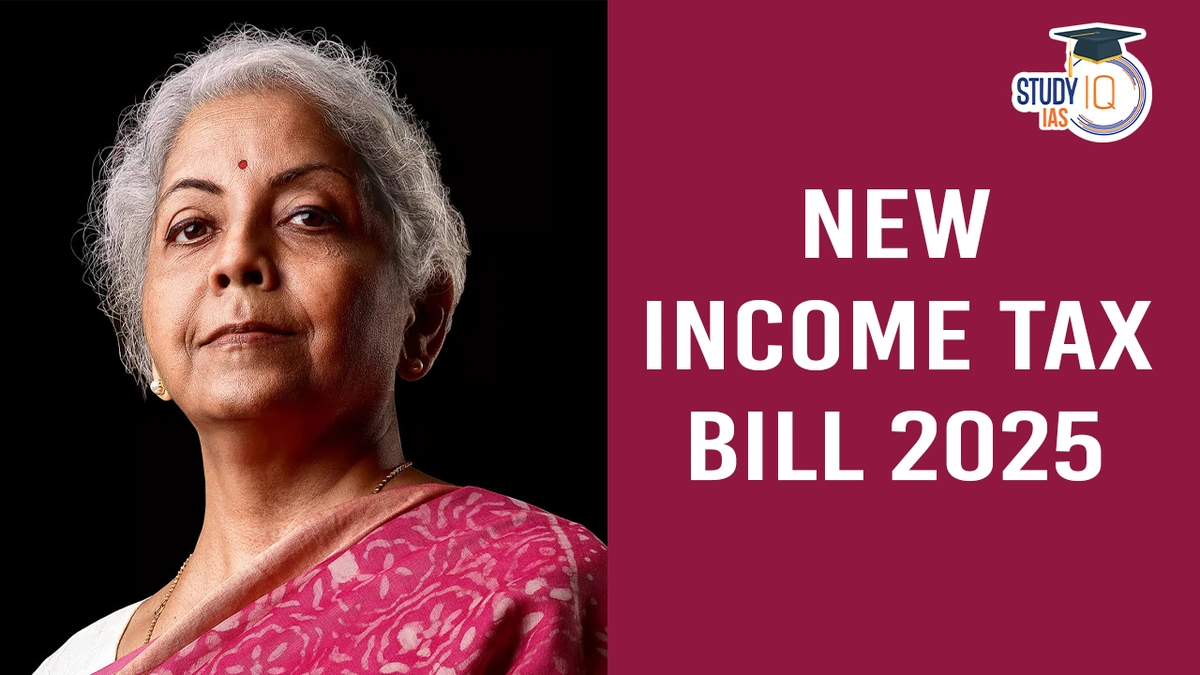
It’s easy to forget that not everyone gets a Form 16. The gig economy is booming, and freelancers and small business owners have a different set of tax challenges, particularly around TDS (Tax Deducted at Source).
One potential change that could bring huge relief is a simplification of TDS norms. There are whispers of a higher threshold for TDS applicability or a simplified compliance mechanism for individuals paying professional fees. This would be a significant move to support the burgeoning creator and freelancer economy.
For small businesses, the focus will likely be on ease of doing business. Think less paperwork, more digital interfaces, and potentially expanding the scope of presumptive taxation schemes. The government knows that the MSME sector is a massive job creator, and reducing their compliance burden is a high-impact, low-cost way to support them. You can always refer to the officialIncome Tax Department portalfor the most accurate current information.
FAQs | Your Burning Tax Questions Answered
Will the new tax regime become mandatory in 2025?
Highly unlikely. Making it mandatory would be a drastic step. The government’s strategy seems to be making the new regime so attractive through lower rates and higher basic exemptions that most people choose to switch voluntarily.
Is there any real chance the Section 80C limit will finally go up?
A straight-up hike to ₹2.5 or ₹3 lakh under the old regime seems improbable, as it goes against the goal of promoting the simpler, deduction-free new regime. A more plausible scenario is the introduction of a new, separate deduction for a specific purpose, like a pension scheme, outside of the 80C basket.
What’s the single best thing I can do to prepare for these changes right now?
Don’t panic. But do get organized. Keep your financial documents in order and, most importantly, run the numbers. Use an online tax calculator to compare your liability under the current old and new regimes. This will give you a baseline so that when the new rules are announced, you can quickly see how they affect you.
How will the 2025 tax changes affect senior citizens?
Senior citizens often receive special consideration in tax laws. It’s very likely that any increase in the basic exemption limit will be even higher for them. Expect the government to continue offering enhanced benefits to seniors, potentially around medical insurance deductions or interest income.
Are there any rumors of new taxes being introduced?
At this stage, the focus seems to be on rationalization and relief, not introducing new taxes. The government’s priority is to stimulate economic growth. Introducing a new, widely applicable tax would run counter to that goal. However, tweaks to existing taxes, like on certain luxury goods or services, are always possible.
So, as we wait for the Finance Minister to open that briefcase, remember this: the numbers are just one part of the story. The real story is in the ‘why’. The union budget 2024-25 expectations are high, but the changes won’t be random. They will be calculated moves in a grand economic strategy. Understanding that strategy is the key to not just saving tax, but to truly understanding the direction our country is heading in. And that’s far more valuable than a few saved rupees.

